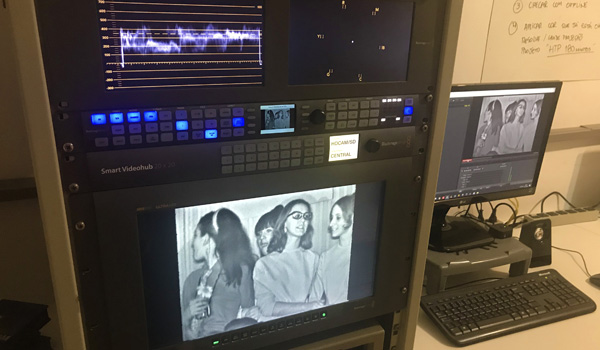
Afinal Filmes was founded in 1998 by CEO Marcelo Pedrazzi, and has played an important role in the film restoration and post production industry in Brazil since then. A recent major project at Afinal Filmes is the HDR restoration of a black and white film from 1968, ‘Como Vai, Vai Bem?’ The film, a comedy starring the late Flávio Migliaccio, a popular Brazilian actor, will be available on streaming services and in theatres in early 2021.
To support the film, Afinal Filmes will also be producing and managing post production on a documentary about the life of Migliaccio, which will include a collection of archive material from several of Migliaccio’s films that the company has also restored.
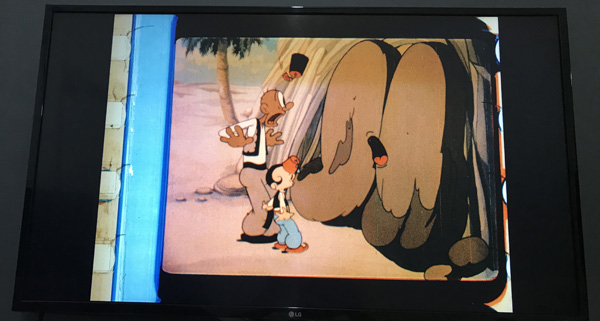
“We didn’t have access to the negatives of the original ‘Como Vai, Vai Bem?’ film, making the restoration process slightly different to some of our other projects. In this case, we began the process by placing the film’s 35mm positives on our Cintel Scanner,” said Marcelo. “The entire restoration process of ‘Como Vai, Vai Bem?’ only took about five weeks, which is quite fast.”
The company incorporated a Cintel Scanner into its workflow in 2016 to enhance the quality and speed of its film restoration and digitisation services. Marcelo said his team has found the Cintel Scanner to be extremely helpful, particularly when it comes to stabilising footage. “The Cintel Scanner’s automatic stabilisation has become an ideal tool for us. Even when we are digitising material at 24 fps, the Cintel Scanner has very impressive, steady stabilisation features that make our job much easier.”
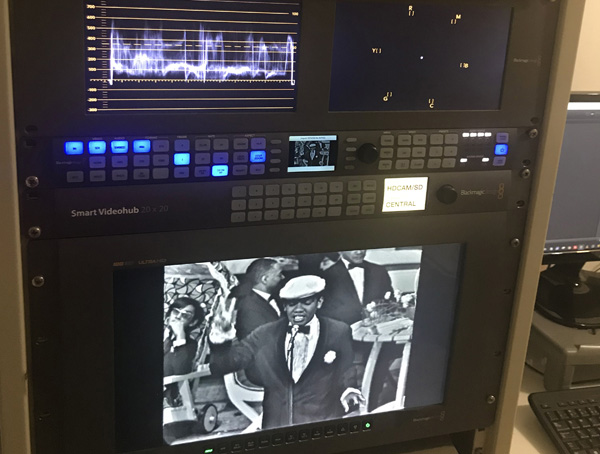
After the film was scanned and ready for post production, Marcelo and the team used DaVinci Resolve Studio to clean up various details on the film with tools including noise reduction, eliminating dust and correcting the contrast of the black and white images.
“When you see old black and white films like ‘Como Vai, Vai Bem?’ in HDR, it brings the viewer to another world,” said Marcelo. “You can see all the details in the whites and the shadows are incredible.”
In addition to this well known restoration project, Afinal Filmes recently received an archive of 500 reels of nitrate materials ranging from 1917 to 1940, found on a farm outside of Rio de Janeiro. Cellulose nitrate based films were produced in the early 20th century, but are inherently unstable and inflammable, and will deteriorate in temperatures of about 21° C and humidity greater than 50 percent.
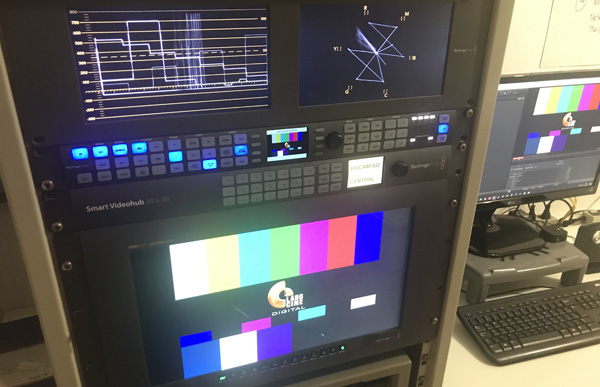
As the team went through the film materials, they uncovered 30 silent Hollywood films from the 1920s and 1930s, including 'Sinbad the Sailor', 'His New Mamma' and 'The Fourth Alarm'. To save this rare content, Afinal Filmes is using the Cintel Scanner to digitise the films and then archive them for future use. Afinal Filmes hopes to hand over this content to a library or museum in the future for preservation.
Along with the Cintel Scanner and DaVinci Resolve Studio, Afinal Filmes also uses a variety of Blackmagic Design gear in its facility, including DeckLink 4K Extreme, DeckLink 4K Extreme 12G and DeckLink Studio 4K capture and playback cards, Blackmagic Audio Monitor 12G, SmartView 4K monitors, Smart Videohub 20x20 routers, Teranex standards converters, and several Mini Converters SDI to HDMI 6G. They have used this equipment to set up an input room for Afinal Filmes to digitise various types of archive tapes and make conversions, such as SD tapes to HD files.
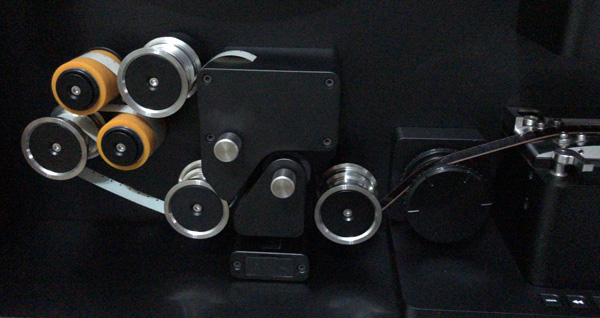
“The Cintel Scanner combined with DaVinci Resolve Studio, has proven to be an extremely reliable piece of our workflow at Afinal Filmes,” Marcelo said. “Restoring films is always a rewarding challenge, and the Cintel Scanner makes the process smooth and simple.” www.blackmagicdesign.com



